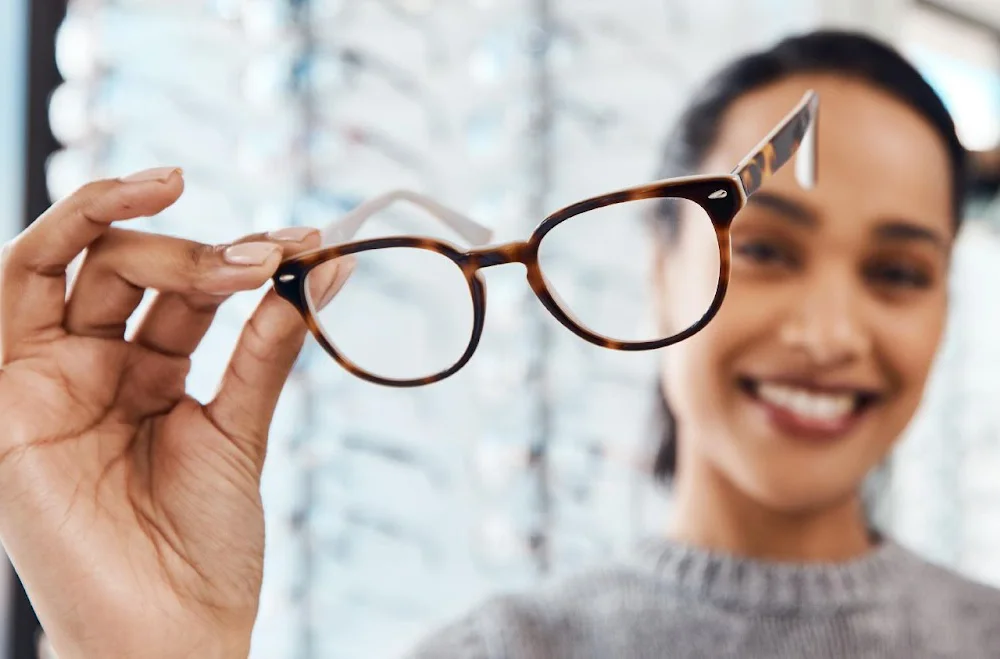Adjusting to Your New Prescription Lenses
How Long Does It Take to Adjust to New Glasses?
Getting a new pair of glasses can be exciting, but it often comes with an adjustment period. Understanding what to expect can make the transition smoother and more comfortable. Here’s what you need to know about adjusting to your new glasses.
Typical Adjustment Period
For many people, adjusting to new glasses typically takes a few days to a couple of weeks. Your eyes and brain need time to adapt to the new lenses and the changes in vision correction. This period can vary depending on the type of lenses and the degree of change from your previous prescription.
Factors Affecting Adjustment Time
Several factors can influence how long it takes to adjust to new glasses:
- Prescription Change: A significant change in your prescription can lengthen the adjustment period.
- Lens Type: Switching to progressive lenses or bifocals may require more time to adapt compared to single-vision lenses.
- Frame Style: Different frame shapes and sizes can affect your field of vision and comfort.
- Previous Vision Correction: If you’re transitioning from no correction or contact lenses to glasses, the adjustment period might be longer.
Tips for a Smooth Adjustment
To help your eyes adjust to new glasses, follow these tips:
- Wear Them Consistently: Put on your new glasses as soon as you wake up and wear them throughout the day. Consistent use helps your eyes adapt more quickly.
- Give It Time: Be patient and give yourself time to get used to the new lenses. It’s normal for things to look different initially.
- Move Your Head: Turn your head to look at objects instead of just shifting your eyes. This is especially important for progressive lenses.
- Maintain a Clean Lens: Keep your lenses clean to avoid any additional visual disturbances caused by smudges or dirt.
Common Adjustment Issues
- Blurry Vision: Temporary blurriness is common and usually improves as your eyes adapt.
- Headaches: Mild headaches can occur during the adjustment period. If they persist, consult your eye care professional.
- Dizziness or Nausea: Some people experience dizziness or nausea. Taking breaks and gradually increasing wear time can help.
When to Seek Help
If you experience persistent discomfort, blurred vision, or other issues beyond the typical adjustment period, come in to Empire Optical for a follow-up adjustment and consultation with one of our Opticians. They can check the fit and accuracy of your prescription and make any necessary adjustments.
Proper Care for Your New Glasses
To ensure your new glasses remain in optimal condition and provide the best vision correction, follow these care tips:
- Clean Regularly: Use a microfiber cloth and lens cleaner to keep your lenses clear of smudges and dirt.
- Store Properly: Keep your glasses in a protective case when not in use to avoid scratches and damage.
- Handle with Care: Avoid placing your glasses face down and handle them by the frame, not the lenses.
Enjoying Your New Vision
Adjusting to new glasses may take some time, but with patience and consistent use, you’ll soon enjoy the benefits of clear, comfortable vision. If you have any questions or need further assistance, don’t hesitate to contact us at Empire Optical. We’re here to help you see the world clearly and comfortably.

